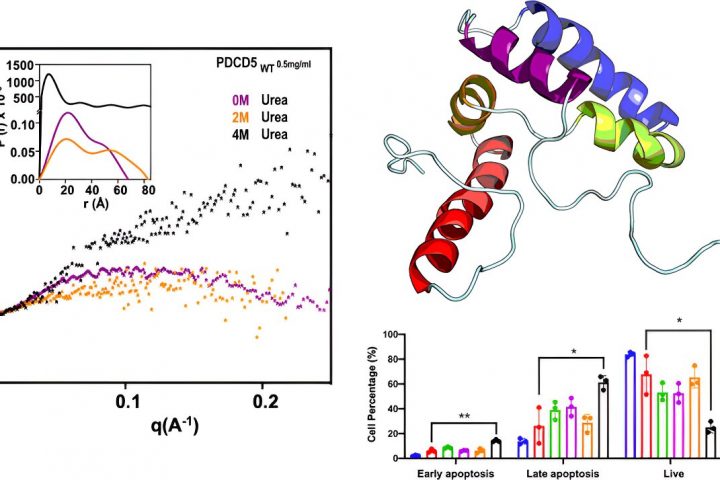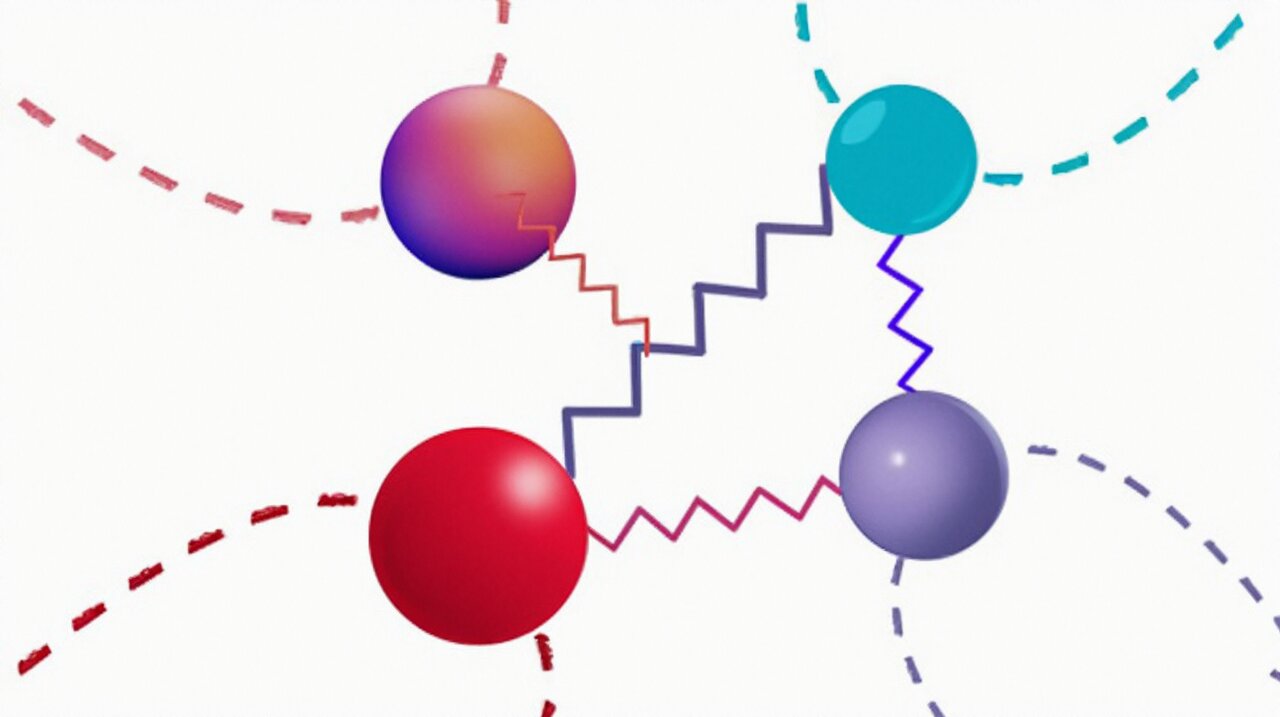Get ready to dive into the unknown! Researchers from the United Kingdom have created an exciting new database that aims to uncover the mysteries of the human genome. This database, called the “unknome,” is a treasure trove of understudied proteins encoded by genes in our genome. While we know these proteins exist, their functions remain largely unexplored.
But why should we care about these unknown proteins? Well, according to Matthew Freeman of the Dunn School of Pathology, University of Oxford, and Sean Munro of MRC Laboratory of Molecular Biology, these proteins likely play crucial roles in important cellular functions, such as development and stress resilience. Ignoring them could mean missing out on valuable insights and potential therapeutic targets.
That’s why Freeman, Munro, and their colleagues created the unknome database. This publicly available resource assigns a “knownness” score to each protein, based on information from scientific literature, conservation across species, subcellular compartmentalization, and more. The database includes proteins from model organisms as well as the human genome, and users can customize their own knownness scores to prioritize their research.
To demonstrate the power of the database, the researchers selected 260 genes in humans and flies that had very low knownness scores. Through experiments, they discovered that many of these genes are essential for fertility, development, tissue growth, protein quality control, and stress resistance. This suggests that there are still thousands of genes in flies and humans that remain poorly understood.
“These uncharacterized genes have not deserved their neglect,” says Munro. “Our database provides a powerful, versatile, and efficient platform to identify and select important genes of unknown function for analysis, thereby accelerating the closure of the gap in biological knowledge that the unknome represents.”
Munro adds, “The role of thousands of human proteins remains unclear, and yet research tends to focus on those that are already well understood. To help address this, we created the Unknome database that ranks proteins based on how little is known about them. We then performed functional screens on a selection of these mystery proteins to demonstrate how ignorance can drive biological discovery.”








